As 2025 comes to a close, it’s a good time to review your business expenses and identify which costs qualify as deductible. Accelerating deductible expenses into this year can help reduce your 2025 tax bill and may even provide permanent savings. It’s also important to consider the impact of the One Big Beautiful Bill Act (OBBBA), which makes several provisions from the Tax Cuts and Jobs Act (TCJA) permanent while modifying others.
What Counts as “Ordinary and Necessary”
The Internal Revenue Code (IRC) doesn’t contain a complete list of deductible business expenses. Instead, most are governed by Section 162, which allows deductions for “ordinary and necessary” expenses.
- An ordinary expense is one that’s common and accepted in your industry.
- A necessary expense is one that’s helpful and appropriate for your business, even if it isn’t indispensable.
However, even if an expense meets these definitions, it may not be deductible if the IRS considers it lavish or excessive.
Key Changes Under the OBBBA and TCJA
Several expense categories were affected by these laws. Understanding which deductions remain, which have changed, and which have been eliminated can help you make better year-end decisions.
Entertainment: Most entertainment deductions were eliminated under the TCJA and remain nondeductible under the OBBBA. However, expenses for employee events such as company-wide parties remain fully deductible if the entire staff is invited, not just management.
Meals: Business meals remain 50% deductible. Meals connected to nondeductible entertainment can still qualify for the 50% deduction as long as they’re billed separately or itemized on receipts.
Through 2025, the 50% rule also applies to meals provided in an on-premises cafeteria or for the employer’s convenience. The OBBBA generally retains the scheduled elimination of this deduction in 2026, with limited exceptions that may qualify for 100% deductibility when meals are sold to employees.
Transportation: Transportation costs for business travel remain 100% deductible if they meet IRS requirements. However, most deductions for qualified transportation fringe benefits—such as parking, vanpooling, and transit passes—have been permanently eliminated. These benefits are still tax-free to employees, up to certain limits.
The OBBBA also permanently eliminates the previously scheduled return of the bicycle commuting reimbursement exclusion.
Employee Business Expenses
The TCJA suspended the deduction for unreimbursed employee business expenses through 2025, and the OBBBA has now made that suspension permanent.
Businesses without an employee reimbursement plan may want to consider implementing one for 2026. When structured properly, these plans allow businesses to deduct reimbursements while keeping them tax-free for employees.
Planning for 2025 and 2026
Understanding which expenses qualify and when to deduct them can be complex. Strategic timing, such as accelerating certain payments before year end, can help reduce taxable income and improve cash flow.
Our team can help you evaluate your current expense structure, determine where timing adjustments make sense, and ensure compliance with the latest tax law changes. Contact us to discuss your year-end planning and begin preparing for 2026.



